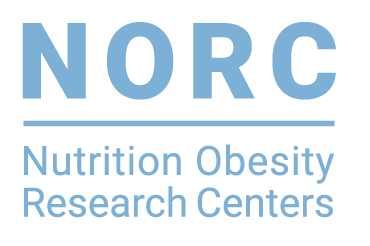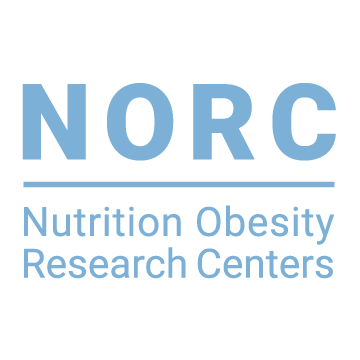Abstract
The goal of this study was to examine cross-sectional relationships between plasma vitamin D and cardiometabolic risk factors in young adults. Data were collected from interviews, physical examinations and biomarker measurements. Total plasma 25-hydroxyvitamin D (25(OH)D) was measured using LC-tandem MS. Associations between 25(OH)D and cardiometabolic risk factors were modelled using weighted linear regression with robust estimates of standard errors. Participants of the Jerusalem Perinatal Study (n 1204) interviewed and examined at age 32 years. Participants were oversampled for low and high birth weight and for maternal pre-pregnancy obesity. We found evidence for inverse associations of 25(OH)D with markers of insulin resistance among males, but not females, in a healthy, young adult Caucasian population. Prospective studies and studies conducted on other populations investigating sex-specific effects of vitamin D on cardiometabolic risk factors are warranted.
Citation
- Moore A, Hochner H, Sitlani CM, Williams MA, Hoofnagle AN, de Boer IH, Kestenbaum B, Siscovick DS, Friedlander Y, Enquobahrie DA. Plasma vitamin D is associated with fasting insulin and homeostatic model assessment of insulin resistance in young adult males, but not females, of the Jerusalem Perinatal Study. Public Health Nutr. 2015 May;18(7):1324-31. PMID: 25145881; PMCID: PMC4592940.
Read More: Public Health Nutrition
Research Details
- Research Center: University of Washington

